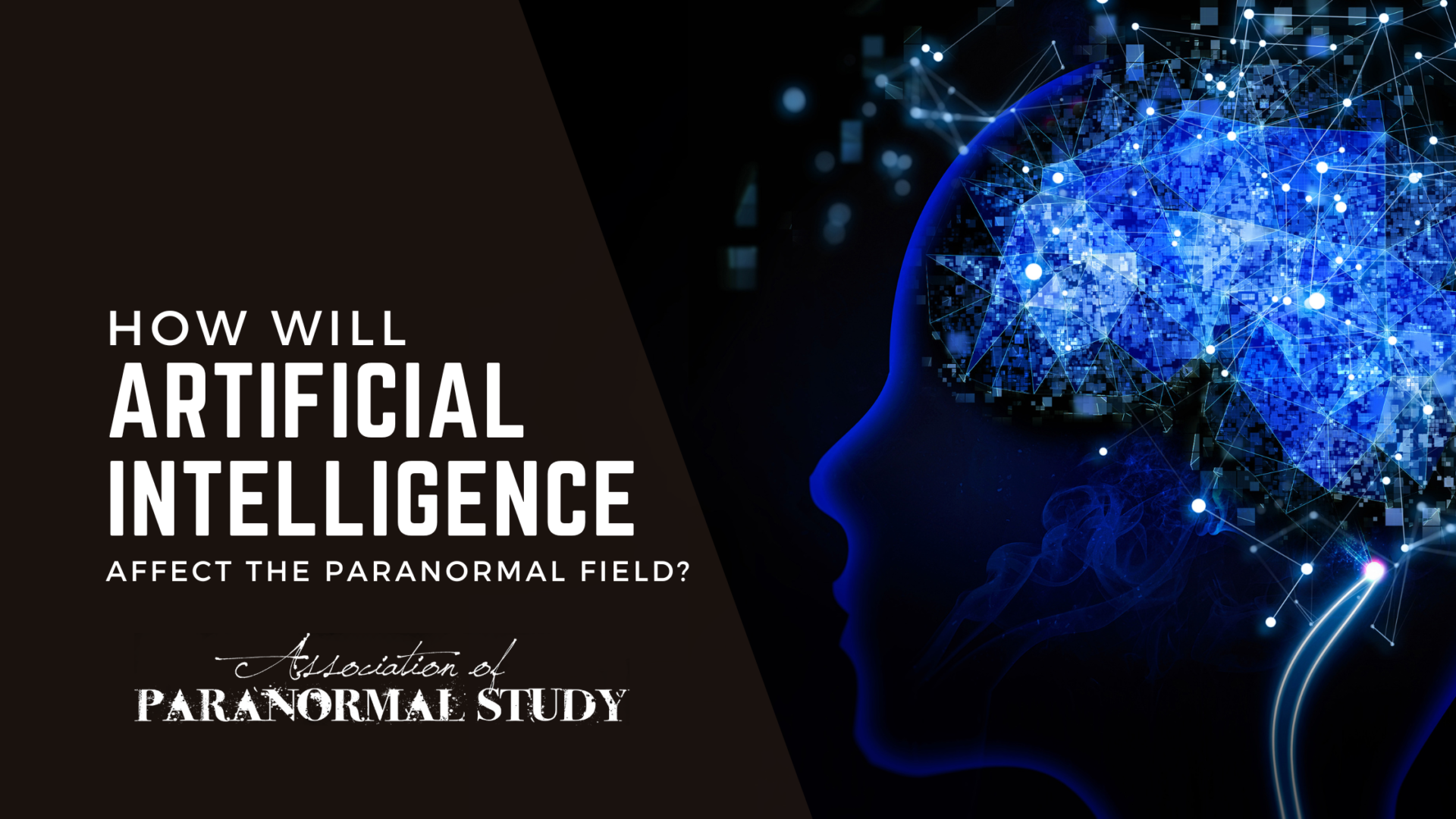Artificial Intelligence (AI) was once a facet of science fiction, but It has now become a reality. With AI tools like ChatGPT and other programs coming out by the dozens, one has to wonder if this new innovation in technology could possibly affect the spooky space. After all, paranormal investigation and spooky interests date back for centuries, so it’s never really needed AI to get better, ya know?
However, being the person who sees the train coming around the corner, and since I work in the tech space at my day job, I’m going to speculate just how AI could affect the paranormal community in both research and entertainment. This isn’t a perfect science yet, considering that AI-generated images is still creating photos of people with six fingers.
Think of this as sort of a “What if?” piece as AI becomes a more normal aspect of our society.
Negative: It could send us on a wild goose chase
This speculation may already be dated and determined by the time you read this. But, I recently watched a video by Ghost Theory who used AI to find haunted locations around them. They didn’t have a great time looking for the AI’s recommendation, but they did eventually find a house that’s related to witches and other haunts. At the time as well, it’s noted that AI wasn’t trained on the latest and greatest in haunted places around them. But the journey in the meantime was unnecessarily turbulent.
Positive: It could save time evidence review
We could potentially train AI to mark and identify anomalous activity in audio and video. Instead of sitting for hours reviewing evidence across multiple pieces of equipment, we can run the data through AI, telling it to identify the 30 seconds before and 30 seconds after something anomalous occurs.
Negative: It will make it easier to fake evidence
I could see this as the more likely outcome. With the innovation of AI-generated images, video, and audio, it’s only a matter of time before people, especially paranormal creators in the entertainment industry, start creating fake evidence using AI.
Positive: It will make it easier to detect fake evidence
On the contrary, AI could potentially help us identify footage of paranormal activity and determine whether or not something has been manipulated and altered. One could already do this by looking at the EXIF data in photos. But this could really streamline the process.
Negative: It could replace ghosts
One of the most popular trends with AI is generating new music from long-dead musicians. You can also use AI to generate your favorite long-passed singer’s voice into your favorite song of 2023. So, if AI was able to learn about history, events, and general information of someone in the past, could we communicate with them as we do out in the field?
Positive: Historical research can come in real-time
Sometimes on the investigation field, we run into situations where we may need to check on a historical bit of info immediately. While we here at APS do our best to make sure that at least one of our teammates is informed on the history of the location, sometimes we need to double-check or look up something that caught us by surprise. AI could potentially help us get real-time information with a simple request instead of spending several minutes on Google and sorting through articles online.
Negative: It could replace real humans as on-screen talent
The current strike with WGA and SAG-AFTRA is on our current minds, with the very real possibility that studios will start using AI for background actors, main talent, and more. In the industry I work in, I’m currently working with a tool that can create people speaking on-camera. These AI-generated humans look real. As I was reflecting on my recent gig with Scariest Places in the World on Tubi, all I could think of was how easy would it be to generate an AI of a history expert and have them talk on camera? AI-generated talent will basically say whatever you want them to say as well.
Positive: Curating paranormal content would be easier than ever
The world is consuming paranormal content more aggressively than ever. But that content takes time to produce. AI could help paranormal creators generate thumbnails for videos, write out scripts, and more. This could very well help the research field as it would free up time for people to focus on the research and investigating, and leave the more mundane and time-consuming tasks to AI.
Negative: It could encourage more trespassing
We’ve seen this already with apps like Randonautica. If someone asks AI about haunted locations or spooky spots around them, it’s unknown whether that AI will be able to tell the user whether or not it’s private property or whether it’s a location that’s open to the public.
Positive: It can help us analyze locations in real time
If you’re out on a spooky road trip and you see a building that catches your eye. With AI, you can take a photo of that building, and let a tool like Google Lens analyze the photo and be able to identify what it is. That was what the team in the Ghost Theory video did when they did manage to find the haunted location their AI tool had recommended.
Conclusion
When it all comes down to it, the paranormal field is a very human community. Meaning, it has depended on conscious, intelligent humans for centuries. It’s not something that can easily be replicated with authenticity and genuineness. Until AI captures what it means to feel grief, anger, heartbreak, and fear, the paranormal research field should be safe.
For now.

